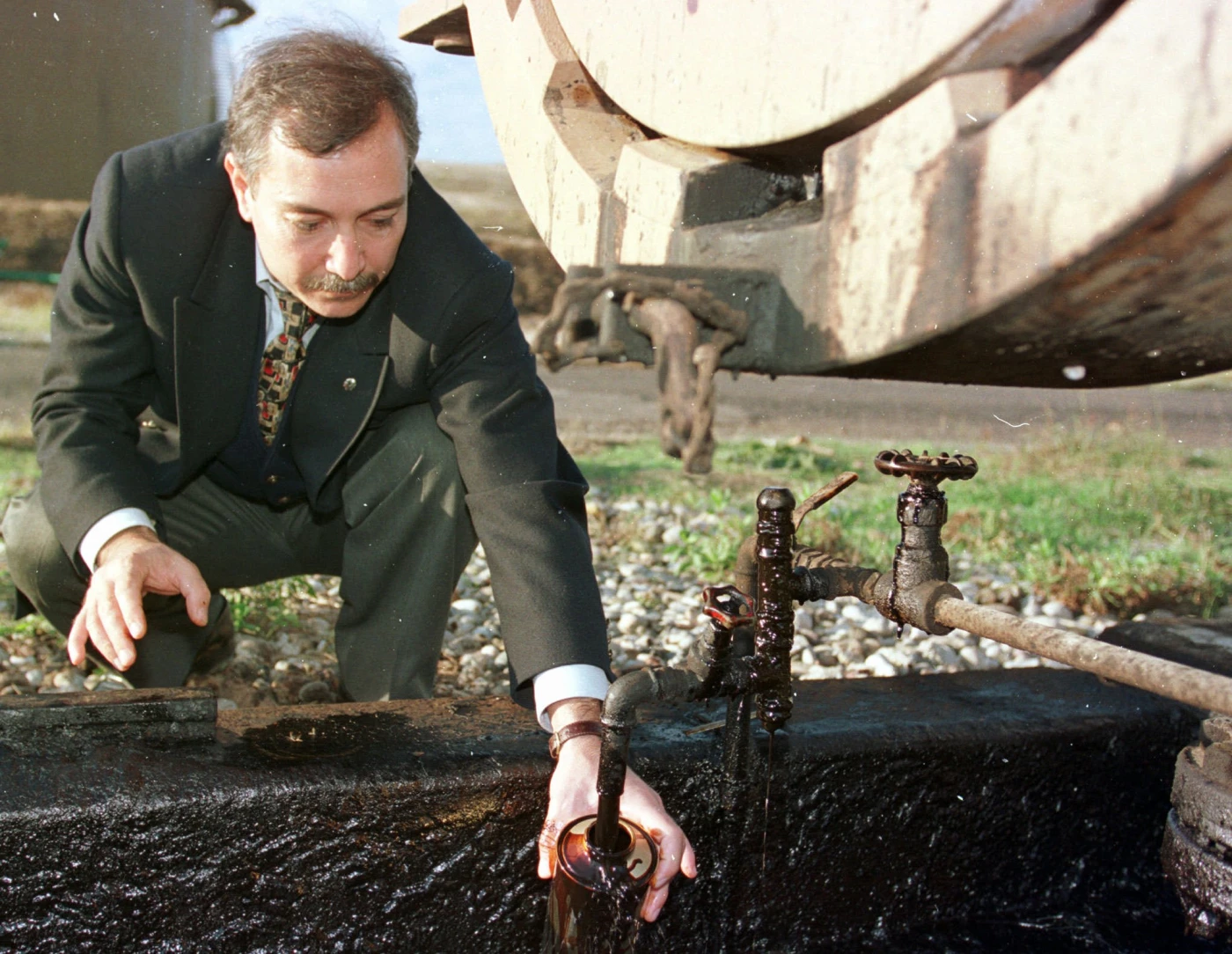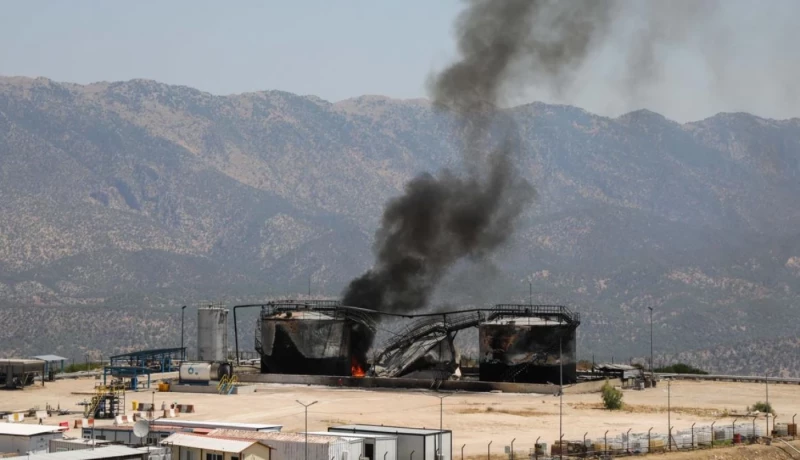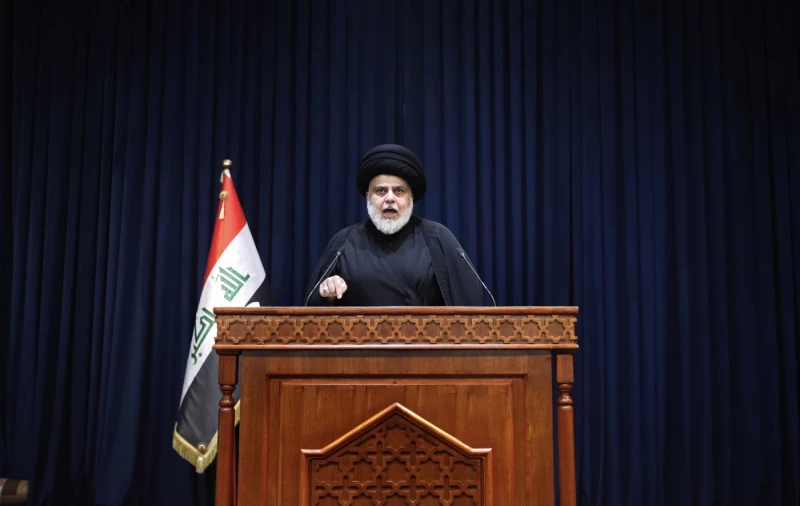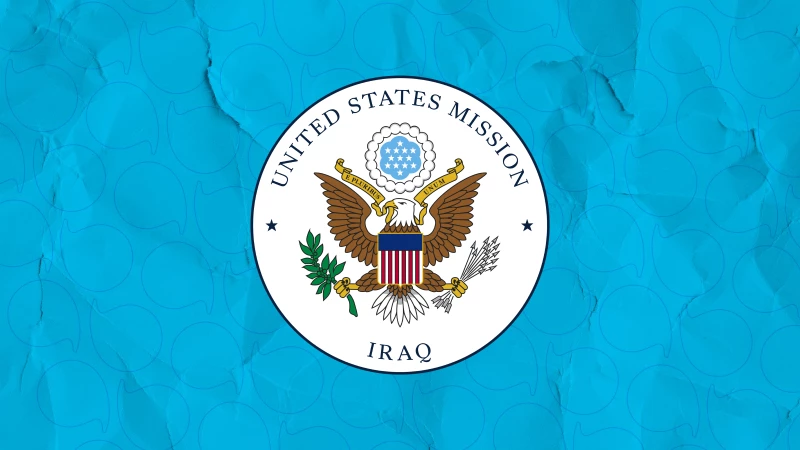ERBIL, Kurdistan Region of Iraq -Turkey’s decision not to renew a 52-year-old oil pipeline agreement with Iraq has sparked Iraqi dismay and raised questions about its legality and future implications. Experts say Turkish President Recep Tayyip Erdogan’s move to terminate the agreement seeks primarily to avoid paying a hefty fine imposed by the International Arbitration Court.
Turkish media reported on Monday that Erdogan signed an official decision opting now to renew the crude oil pipeline agreement between Turkey and Iraq after its expiry in July 2026. The decision was published in the official gazette and personally signed by the president.
The agreement was inked in 1973 and officially entered into effect in 1975. The deal has served as the framework for exporting Iraqi oil through the Ceyhan port in Turkey to international markets, where millions of barrels of oil have flown since. It has been renewed time and again ever since its conception in the 1970s.
In 2023, Ankara lost a case against Baghdad in the Paris-based arbitration court, which accused Turkey of breaching the 1973 contract by allowing the Kurdistan Regional Government (KRG) to sell oil independently of Baghdad. The ruling ordered Ankara to pay $1.5 billion to Baghdad in compensation for breaching the agreement; however, Turkey responded by halting exports through its pipeline.
The stopping of oil exports through the pipeline, which runs from Iraq to the Ceyhan port in Turkey, in recent years has dealt a major blow not only to Ankara but also to Iraq and the Kurdistan Region, which have lost over 30 billion dollars in revenue to date after Baghdad won the case in Paris.
Parliament panel criticizes silence of Iraqi government
The Iraqi parliament’s Foreign Relations Committee said it was surprised by Turkey’s unilateral move and criticized the Iraqi government's silence. The committee promised to summon responsible officials to review the agreement.
“It is strange that Erdogan ended a historic oil agreement between Iraq and Turkey without informing Baghdad,” said Haider al-Salami, a member of the committee, in a statement to The New Region. “The Iraqi government should have known and approved such a step. What is more surprising is that the government has not issued any clarification.”
The agreement, first signed in 1973, allowed Iraq to export crude oil to Turkey’s Ceyhan port. It was amended multiple times over the years, most recently in 2010, when it was extended for another 15 years. That extension is due to expire next year.
Salami said that parliament will call in the appropriate authorities to discuss the matter and examine the agreement's conditions. “An agreement between two countries cannot be canceled by one side alone without the knowledge and approval of both,” he said.
Experts: Turkey seeking to escape $1.5 billion fine
Turkish political analyst and international relations expert Hassan Ahmed Mustafa said the oil pipeline is critical to Iraq and the Kurdistan Region, describing it as a pillar of financial stability and a link to global markets.
Speaking to The New Region, Mustafa said the Iraq-Turkey pipeline plays a key role in regional energy dynamics. “It carries Iraq’s oil to international markets and strengthens Turkey’s role as a major energy hub,” he said.
“For both Baghdad and Erbil, this pipeline is more than just a transport route. It is a geopolitical and geoeconomic lifeline. It forms the foundation of financial stability and connects Iraq and the Kurdistan Region to global energy markets,” he added.
Any discussions about stopping, renewing, amending, or renegotiating the agreement are highly important, especially given Iraq’s heavy reliance on oil exports, Mustafa said.
He believes Turkey’s decision may be part of a larger strategy. “This is a negotiation tactic, not a complete rejection. Turkey knows the economic and strategic value of Iraqi oil. But it wants terms that protect its interests,” Mustafa said.
According to him, Turkey is likely seeking to avoid paying a $1.5 billion fine imposed by the International Arbitration Court. The fine stems from Turkey’s previous export of oil from the Kurdistan Region without going through SOMO, Iraq’s official oil company.
Mustafa also noted that one article of the 1973 agreement states oil cannot be exported without approval from the Iraqi government. He said Turkey may be trying to change this article to avoid being held responsible in the future if it exports oil directly from the Kurdistan Region.
Legal expert questions legality of Turkish decision
Legal expert Ali Al-Tamimi said Turkey cannot unilaterally cancel the oil agreement if it is officially registered with the United Nations.
“If the agreement between Iraq and Turkey, which Erdogan just canceled, is an international treaty filed with the UN, it cannot be canceled by just one party. Doing so would go against international law,” Tamimi told The New Region.
“However, if it is a bilateral agreement and not registered with the UN, either side has the right to cancel it without needing the other’s approval,” he added.
Tamimi said the full text of the agreement must be reviewed to determine its legal status. “If it is filed with the UN, Erdogan’s cancellation would be illegal, and Iraq could file a complaint with the relevant international legal bodies,” he said.


 Facebook
Facebook
 LinkedIn
LinkedIn
 Telegram
Telegram
 X
X



